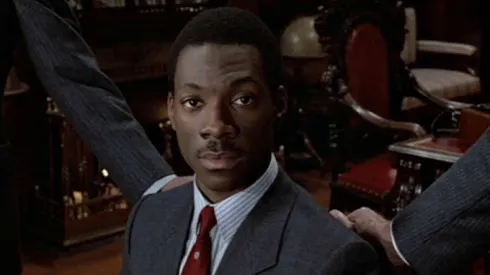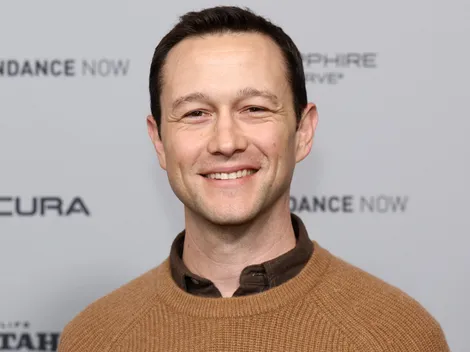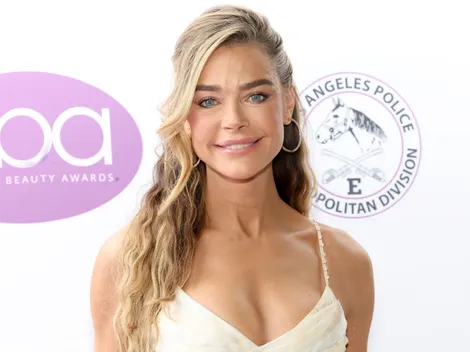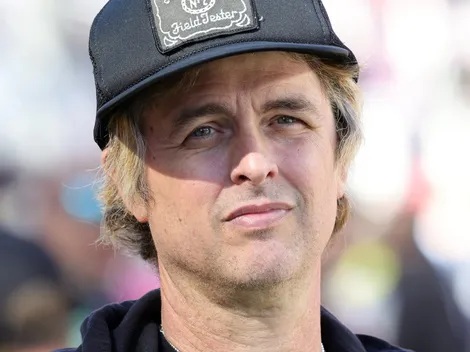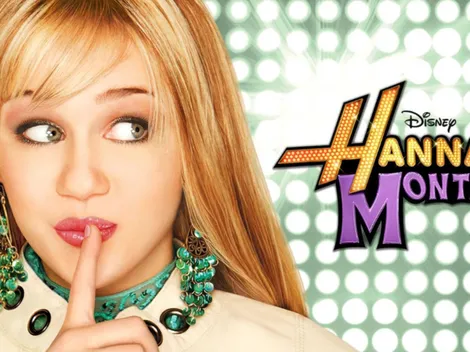Breaking the fourth wall is one of cinema’s most daring tricks, instantly pulling viewers out of the story while drawing them in even closer. When done right, it creates a powerful connection between character and audience, sometimes for laughs, sometimes for shock, and sometimes to make a point that lingers long after the credits roll. These moments remind us that movies aren’t just stories; they’re conversations.
Ferris Bueller Lets Us In – Ferris Bueller’s Day Off (1986)

Source: IMDb
Ferris doesn’t just break the fourth wall to be funny. He does it to bring us along for the ride. By speaking directly to the audience, especially about his troubled friend Cameron, he turns a rebellious day off into something more meaningful. We’re not just watching him skip school. We’re co-conspirators in a mission to save a friend from wasting his youth.
Deadpool Owns the Fourth Wall – Deadpool (2016 to 2024)

Source: IMDb
Few characters break the fourth wall as often or as boldly as Deadpool. From witty quips to directly addressing the audience about the film’s budget and superhero clichés, Wade Wilson turns self-awareness into an art form.
Rob Ranks His Life – High Fidelity (2000)

Source: IMDb
Rob Gordon doesn’t just tell his story. He tells it to you. Breaking the fourth wall becomes his therapy, as he walks the audience through heartbreak, vinyl, and self-pity in obsessive top-five lists. It’s funny, honest, and makes you feel like a friend trapped in the record store with him.
“It’s Only a Model” – Monty Python and the Holy Grail (1975)

Source: IMDb
As King Arthur gazes proudly at the distant sight of Camelot, his squire Patsy casually undercuts the grandeur with a dry, “It’s only a model.” The line pulls the viewer out of the story for a beat, reminding us that none of this is meant to be taken seriously.
Chaos Breaks Every Barrier – Blazing Saddles (1974)

Source: IMDb
A brawl explodes beyond the movie set and spills into real-life locations, including a musical number and the studio commissary. The action even crashes the premiere of “Blazing Saddles” at Mann’s Chinese Theatre, where the villain gets his comeuppance in front of the audience.
The Bandit Grins at Us – Smokey and the Bandit (1977)

Source: IMDb
As he hides from a cop in a used car lot, Burt Reynolds lets the chase slow for just a second. With a sly look straight into the camera, he flashes that unmistakable grin before driving off. It’s a moment that breaks the fourth wall not with words, but with pure charm, reminding us that the Bandit knows exactly how cool he is—and so do we.
Milton’s Final Reveal – The Devil’s Advocate (1997)

Source: IMDb
Just when it seems Kevin has escaped the grip of evil, a final twist shatters the illusion. His charming reporter friend morphs back into Milton, who turns to the camera with a wicked smile and delivers the film’s final line. By declaring “Vanity—definitely my favorite sin,” he drags the audience into his game, making us question whether the cycle ever really ended.
Norman’s Chilling Glance – Psycho (1960)

Source: IMDb
As the picture closes, Norman sits in silence while the voice of “Mother” echoes in his head. Then he looks straight at the camera with a faint, unsettling smile that breaks the fourth wall without a word. It’s a quiet but terrifying moment that seals his descent into madness and leaves the viewer feeling watched.
Watching Themselves Watch Themselves – Spaceballs (1987)

Source: IMDb
In the most iconic scene of this sci-fi spoof, the villains put on a VHS tape of “Spaceballs” to figure out what happens next. What follows is a perfectly absurd moment of watching themselves watching themselves, all in real time. The film never pretends to be anything but a movie, and that relentless self-awareness is exactly what makes it so brilliant.
Henry Hill’s Final Confession — Goodfellas (1990)

Source: IMDb
As Henry walks toward the camera in the film’s closing moments, he breaks the barrier between character and viewer to deliver a quiet eulogy for the life he’s lost. He recalls a world where power came easy, where money solved everything, and rules meant nothing. Now it’s all over, and he’s just another face in a quiet suburb.
